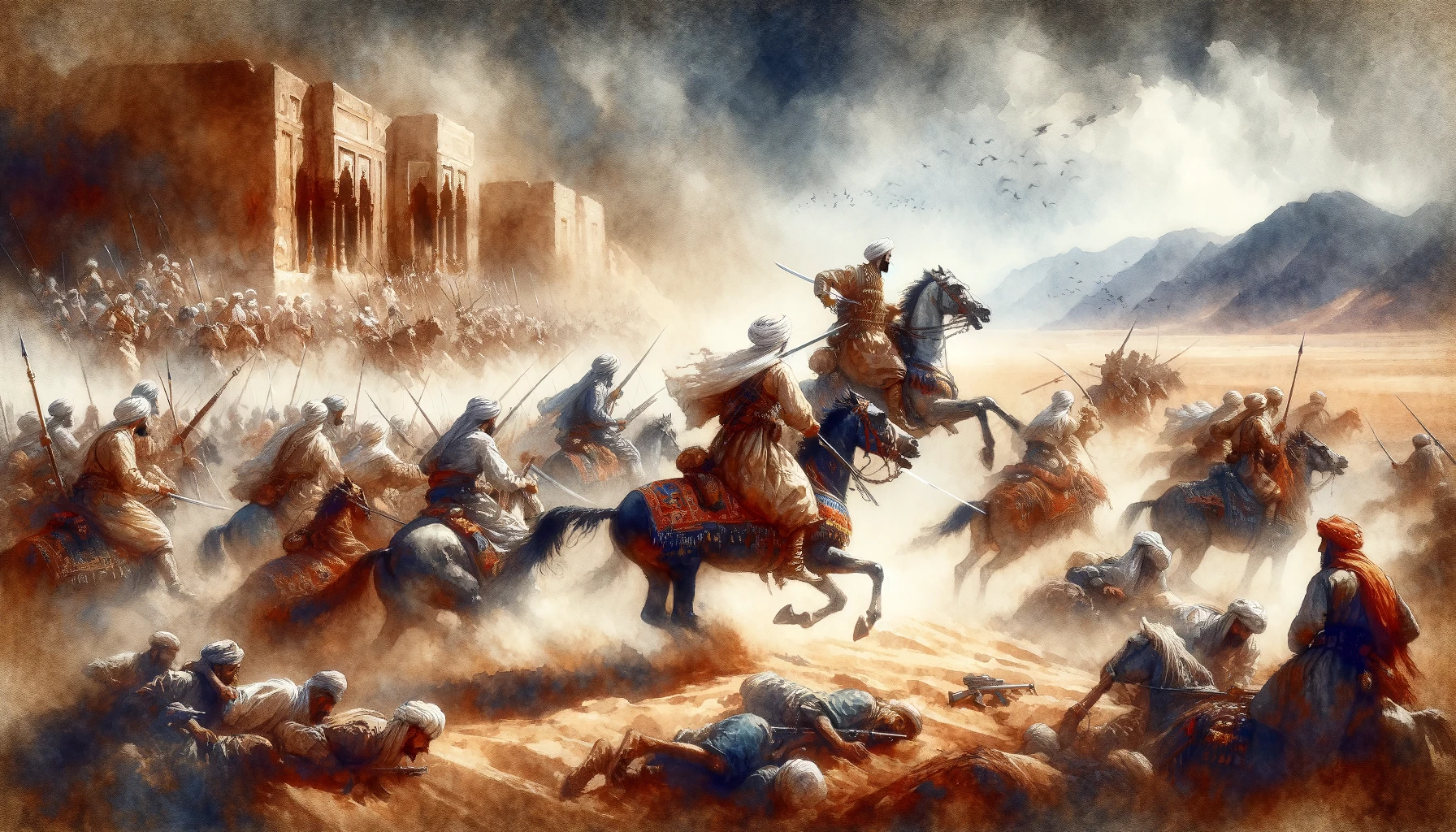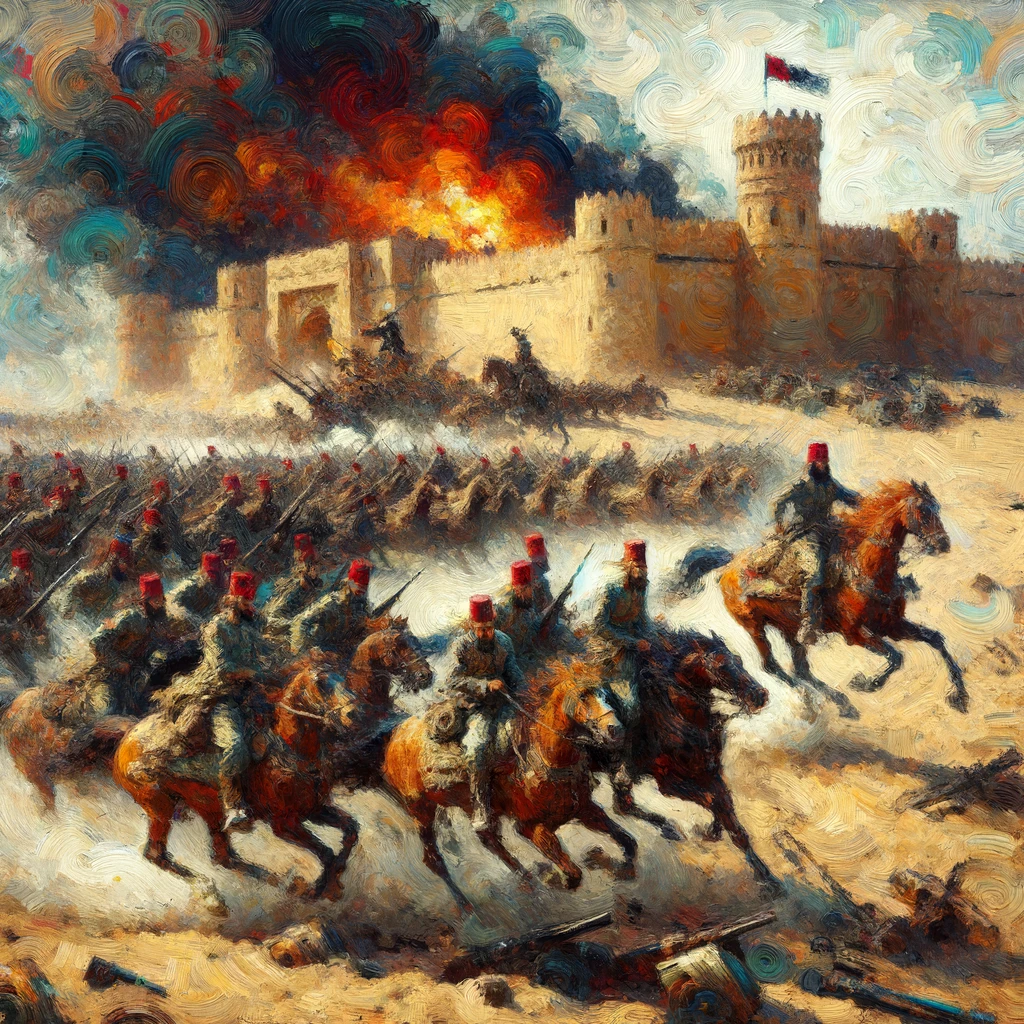The Execution of Abdullah bin Saud: Aftermath of the Wahhabi War
The execution of Abdullah bin Saud in 1818 marked not only the culmination of the Wahhabi War but also a pivotal moment in the historical narrative of the Arabian Peninsula, influencing the trajectory of the Wahhabi movement and regional politics for centuries to come. Abdullah bin Saud’s leadership during a time of intense conflict with … Read more






